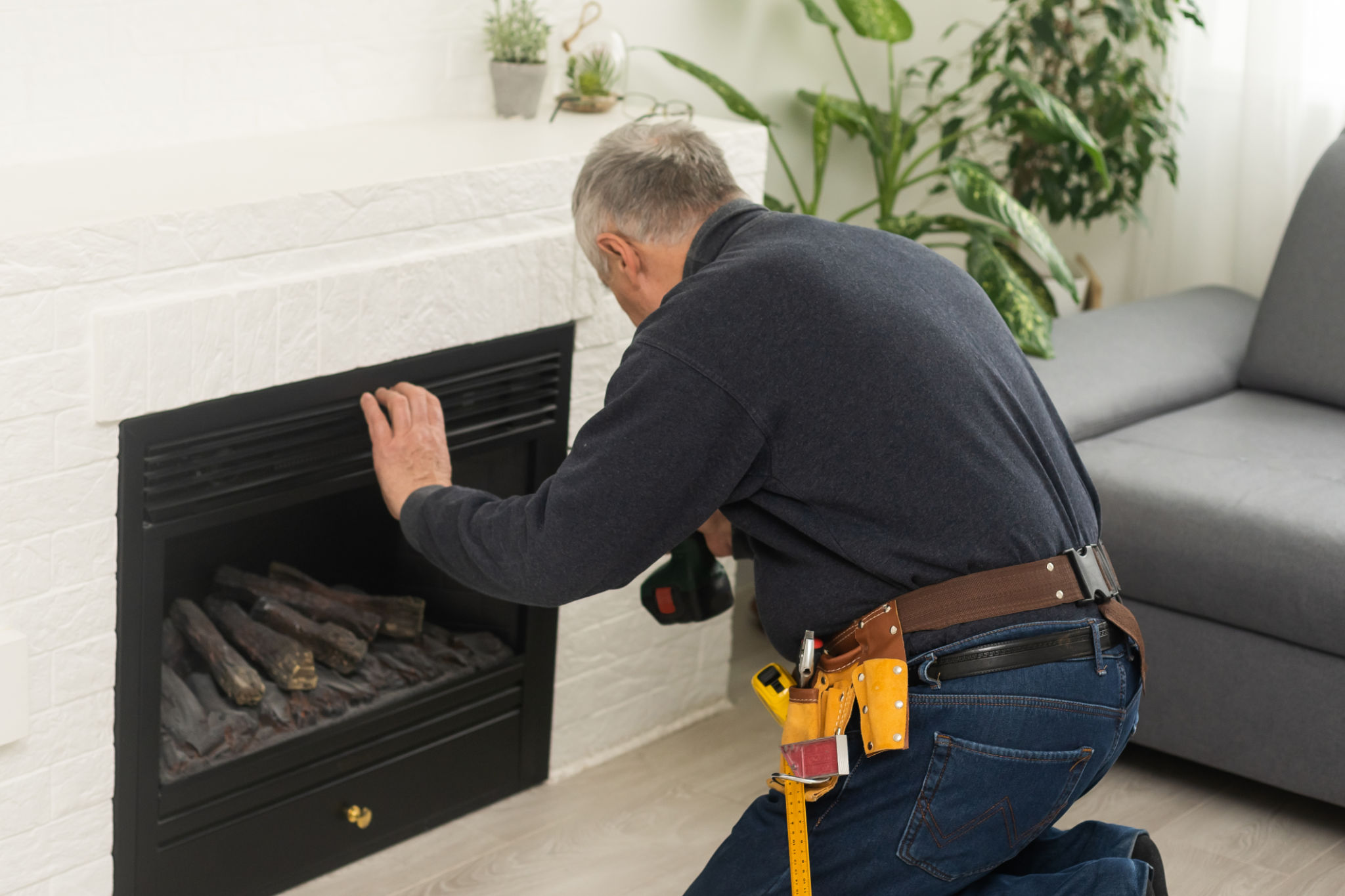The Ultimate FAQ for Gas Fireplace Owners in NC
Introduction to Gas Fireplaces
Gas fireplaces are a popular choice for homeowners in North Carolina looking for a blend of convenience, efficiency, and ambiance. Whether you're considering installing one or you've already made the investment, this comprehensive FAQ will help you understand everything you need to know about owning a gas fireplace.

How Do Gas Fireplaces Work?
Gas fireplaces operate using natural gas or propane as a fuel source. They create heat and ambiance by burning gas in a controlled manner. The flames are often set behind a glass panel that radiates heat into the room while allowing you to enjoy the view of the fire. Many models come with remote controls for ease of use.
Types of Gas Fireplaces
There are three main types of gas fireplaces: vented, vent-free, and direct vent. Vented fireplaces use an existing chimney to expel combustion gases, whereas vent-free models release minimal emissions into the room and are more efficient. Direct vent fireplaces are sealed systems that draw air from outside and expel gases through a wall vent.

Installation and Maintenance
Installing a gas fireplace should always be done by a professional to ensure safety and compliance with local building codes. Regular maintenance is crucial for keeping your fireplace in optimal condition. This includes annual inspections, cleaning the glass panel, and checking the ignition system.
Common Maintenance Tips
Here are some tips to maintain your gas fireplace:
- Clean the glass regularly to prevent fogging.
- Check for gas leaks if you detect unusual odors.
- Ensure the pilot light is functioning correctly.
- Inspect the vents for any blockages.

Safety Considerations
Safety is paramount when operating a gas fireplace. Always follow manufacturer guidelines and ensure that your fireplace is installed with proper ventilation. Consider installing carbon monoxide detectors in your home as an added precaution. Never leave a lit fireplace unattended, especially if children or pets are present.
Understanding Safety Features
Modern gas fireplaces often come equipped with safety features such as automatic shut-off valves and oxygen depletion sensors. These features are designed to prevent accidents and provide peace of mind for homeowners.
Energy Efficiency and Cost Savings
One of the significant benefits of gas fireplaces is their energy efficiency. They can be used as a supplementary heating source, reducing the reliance on central heating systems. This can lead to substantial cost savings on energy bills, especially during the colder months.

Factors Affecting Efficiency
The efficiency of your gas fireplace can be influenced by factors such as the type of model, fuel source, and how well it is maintained. Direct vent models are typically more efficient as they draw air from outside and do not affect indoor air quality.
Conclusion
Owning a gas fireplace in North Carolina can enhance your home's comfort and aesthetic appeal. By understanding how they work, maintaining them properly, and following safety guidelines, you can enjoy the warmth and ambiance they provide for years to come. If you have any further questions or concerns, consult with a local professional to ensure your fireplace remains a safe and efficient addition to your home.